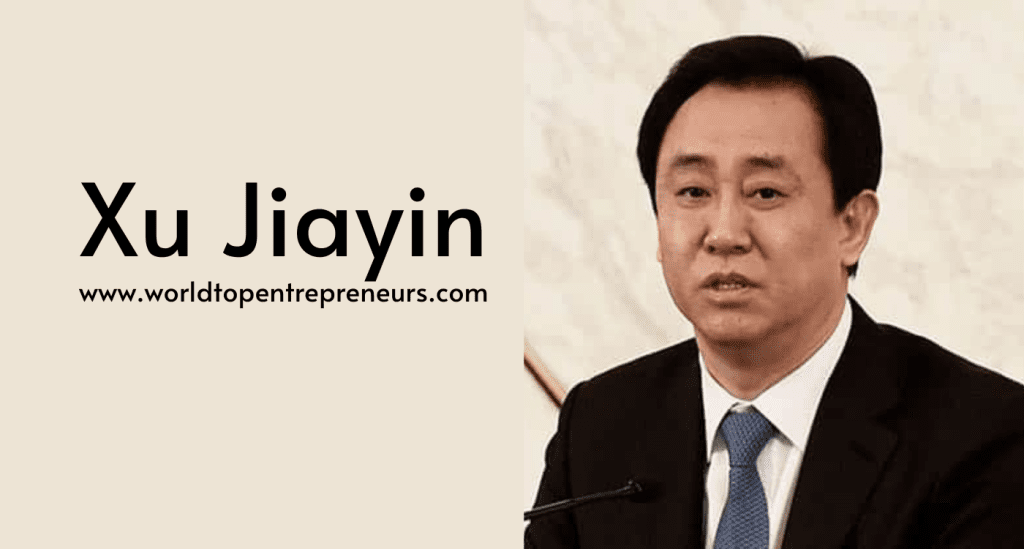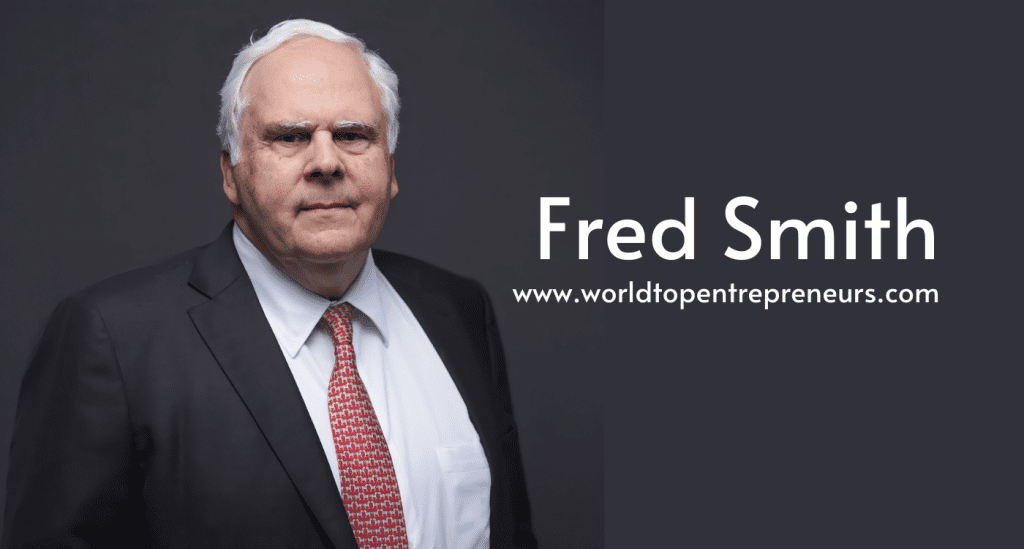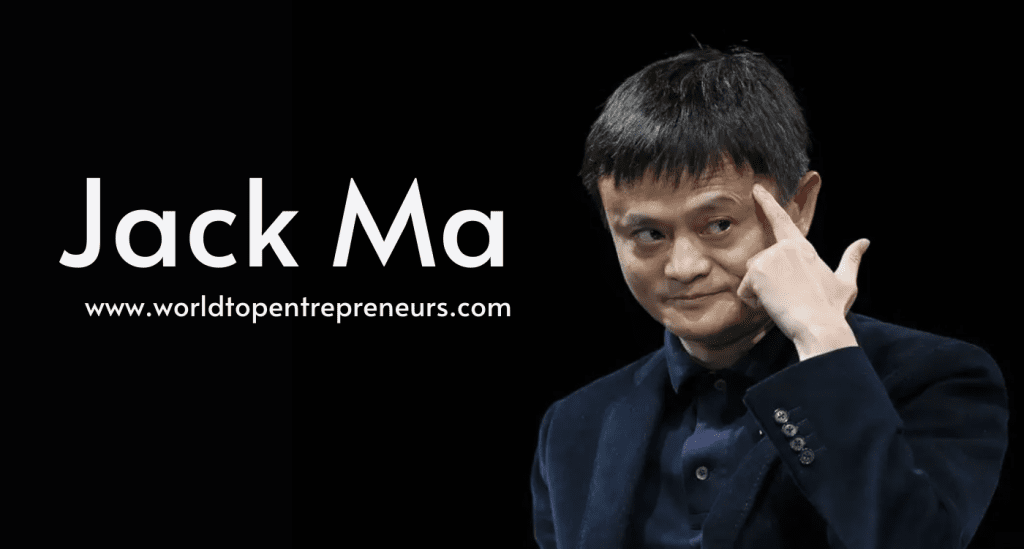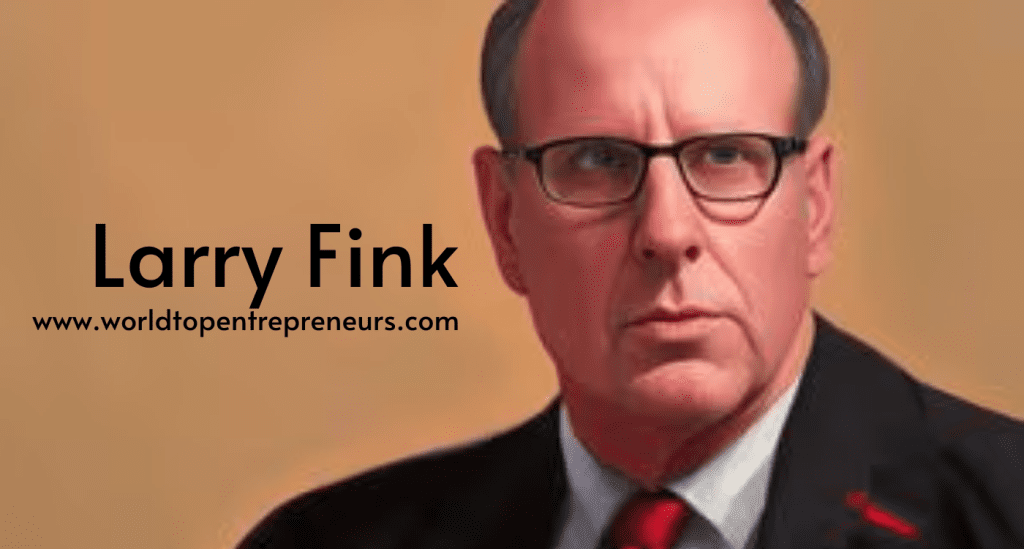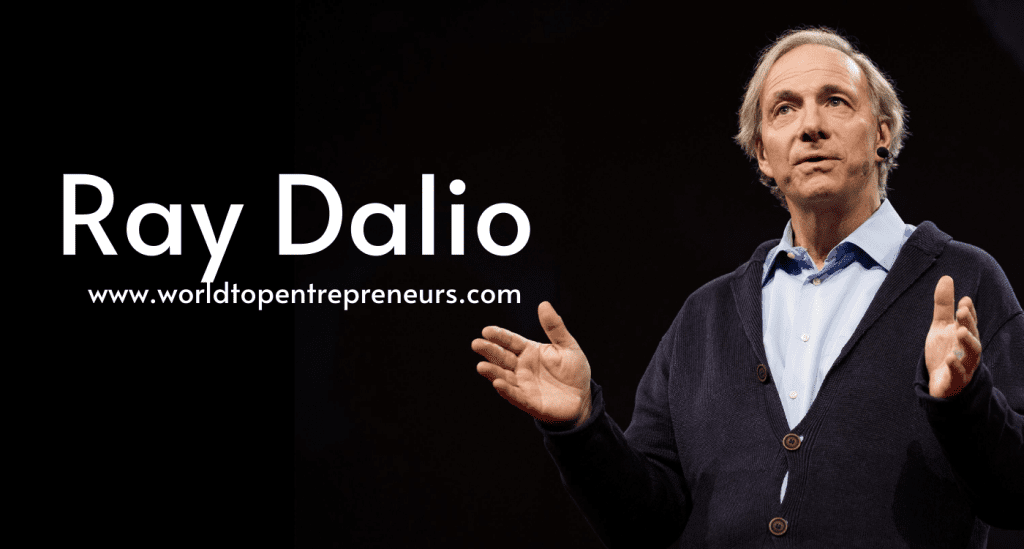Xu Jiayin, also known as Hui Ka Yan, is a name that resonates deeply within the realms of real estate and business in China. As the chairman and founder of China Evergrande Group, Xu Jiayin’s journey from humble beginnings to becoming one of the wealthiest individuals in China is nothing short of inspirational. His story is a testament to relentless ambition, strategic acumen, and an unyielding drive to succeed.
Early Life and Background
Xu Jiayin was born on October 9, 1958, in a small village in Jutaigang Township, Taikang County, Henan Province. His early life was marked by hardship and poverty, a common plight in rural China during that period. Xu’s mother passed away when he was just a year old, leaving his father, a retired soldier, to raise him. Despite these challenges, Xu was determined to pursue education as a means to change his destiny.
In 1978, Xu Jiayin was admitted to Wuhan University of Science and Technology, where he majored in metallurgy. This achievement was a significant milestone, considering the competitive nature of university admissions in China. Graduating in 1982, Xu’s entry into the workforce saw him working as a technician at Wuyang Iron and Steel Company in Henan Province. This position, while stable, did not satisfy Xu’s burgeoning ambition.
Transition to Real Estate
The turning point in Xu Jiayin’s career came in 1992, when China was undergoing significant economic reforms under the leadership of Deng Xiaoping. These reforms opened up new opportunities in the real estate sector, and Xu saw immense potential in this burgeoning industry. He moved to Shenzhen, a city at the forefront of China’s economic boom, to explore new opportunities.
In 1996, Xu Jiayin founded Evergrande Group in Guangzhou, with a focus on residential property development. His initial capital was modest, but his vision was grand. Xu adopted an aggressive business strategy, rapidly acquiring land and launching numerous development projects. His approach was to build high-quality, affordable housing for China’s growing middle class, which was in line with the government’s urbanization policies.
The Rise of Evergrande
Under Xu Jiayin’s leadership, Evergrande Group experienced exponential growth. The company quickly became known for its large-scale residential developments, often referred to as “Evergrande Communities.” Xu’s business model was characterized by rapid project turnover, which allowed the company to reinvest profits into new developments continuously.
One of the key factors behind Evergrande’s success was Xu’s ability to secure financing. He established strong relationships with banks and financial institutions, ensuring a steady flow of capital to fund the company’s ambitious projects. This financial acumen was critical in enabling Evergrande to scale rapidly and become one of China’s largest property developers.
Xu Jiayin’s vision extended beyond real estate. He diversified Evergrande’s portfolio into various sectors, including healthcare, tourism, sports, and electric vehicles. This diversification strategy not only mitigated risks associated with the volatile real estate market but also positioned Evergrande as a multifaceted conglomerate with a broad range of interests.
Challenges and Controversies
Despite his remarkable success, Xu Jiayin’s journey has not been without challenges and controversies. The rapid expansion of Evergrande came with significant debt, raising concerns about the company’s financial stability. Critics argued that Evergrande’s aggressive borrowing and expansion strategy was unsustainable and posed systemic risks to China’s financial system.
In 2021, these concerns came to a head when Evergrande faced a liquidity crisis. The company struggled to meet its debt obligations, leading to widespread panic among investors and homeowners. The Chinese government intervened to manage the fallout, but the crisis highlighted the risks associated with high-leverage business models.
Xu Jiayin also faced personal scrutiny during this period. As the public face of Evergrande, he was criticized for his management decisions and the company’s financial practices. However, Xu remained resolute, focusing on restructuring the company’s debt and ensuring the completion of ongoing projects.
Philanthropy and Personal Life
Beyond his business endeavors, Xu Jiayin is also known for his philanthropic efforts. He has donated substantial sums to various causes, including education, poverty alleviation, and disaster relief. In 2017, Xu pledged to donate 3 billion yuan (approximately $450 million) to support poverty alleviation programs in Guizhou Province, one of China’s poorest regions. This donation was one of the largest individual contributions to charitable causes in China at the time.
Xu Jiayin’s personal life is marked by humility and a strong work ethic. Despite his immense wealth, he is known for his frugality and dedication to his work. Xu often works long hours and maintains a hands-on approach to managing Evergrande. His leadership style is characterized by meticulous attention to detail and a relentless pursuit of excellence.
Legacy and Impact
Xu Jiayin’s impact on the real estate industry and the broader business landscape in China is undeniable. Under his leadership, Evergrande Group transformed from a small startup into a global powerhouse, with projects and investments spanning multiple sectors. Xu’s entrepreneurial spirit and strategic vision have left an indelible mark on China’s economic development.
Moreover, Xu’s story serves as an inspiration to countless aspiring entrepreneurs in China and beyond. His rise from a rural village to the pinnacle of the business world embodies the possibilities that arise from hard work, determination, and strategic thinking. Xu Jiayin’s legacy is one of ambition, resilience, and an unwavering commitment to realizing his vision.
The Future of Evergrande
As Evergrande navigates its current challenges, the future of the company remains a topic of significant interest and speculation. Xu Jiayin’s leadership will undoubtedly play a crucial role in determining the company’s trajectory. His ability to adapt to changing market conditions and implement effective strategies will be critical in ensuring Evergrande’s long-term sustainability.
The Chinese government’s stance on managing corporate debt and financial risk will also influence Evergrande’s future. As Beijing continues to prioritize economic stability, companies like Evergrande will need to align their operations with the government’s policy objectives. Xu Jiayin’s ability to navigate this regulatory landscape will be instrumental in shaping Evergrande’s path forward.
Conclusion
Xu Jiayin’s journey is a compelling narrative of ambition, innovation, and resilience. From his humble beginnings in rural China to becoming the architect of one of the world’s largest real estate empires, Xu’s story is a testament to the power of vision and determination. His leadership of Evergrande Group has not only transformed the real estate industry but also contributed to China’s broader economic development.
Despite the challenges and controversies that have marked his career, Xu Jiayin’s legacy is one of remarkable achievement and enduring impact. As he continues to steer Evergrande through turbulent times, his story remains a source of inspiration and a powerful reminder of what can be accomplished through hard work, strategic thinking, and an unwavering commitment to one’s goals.

